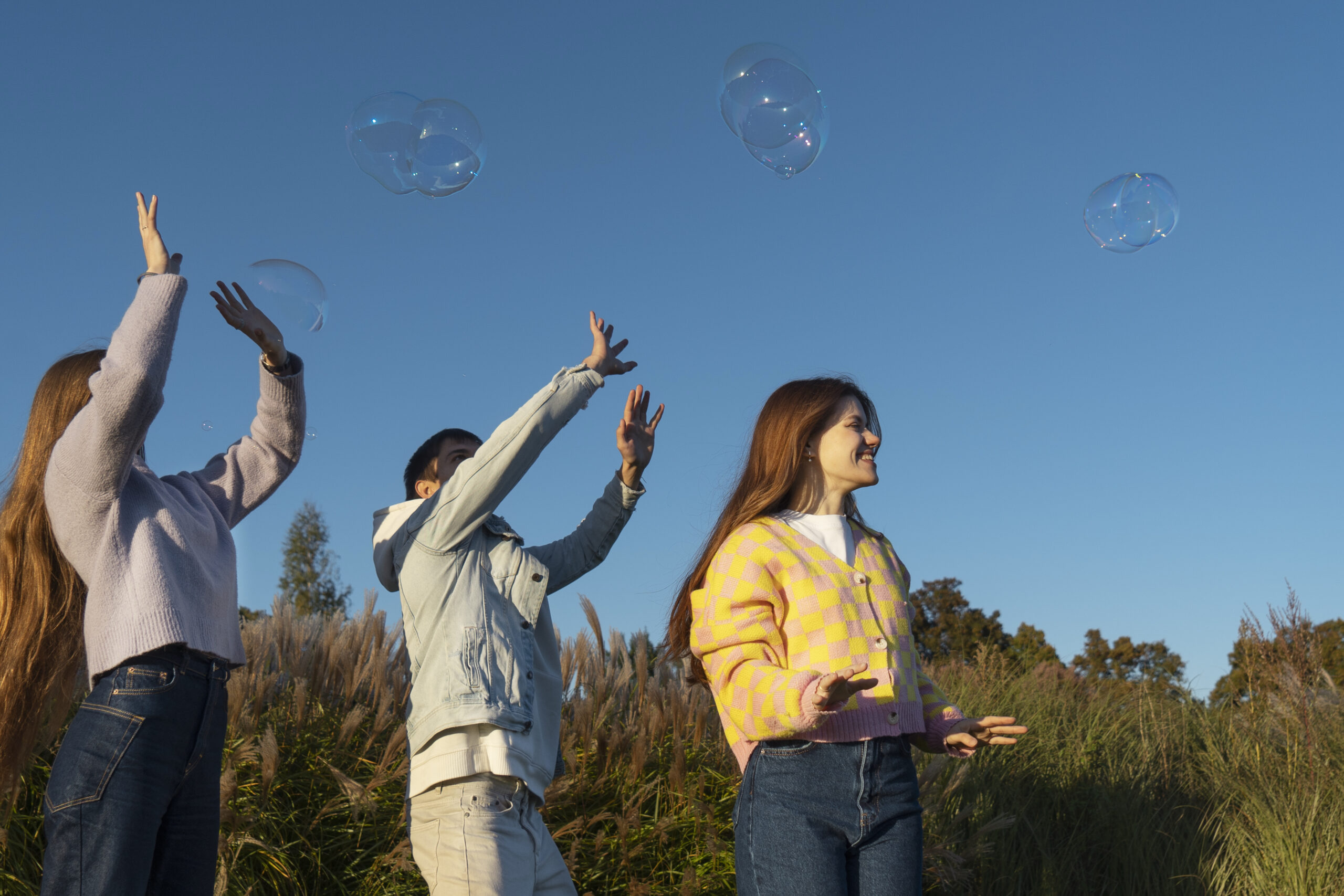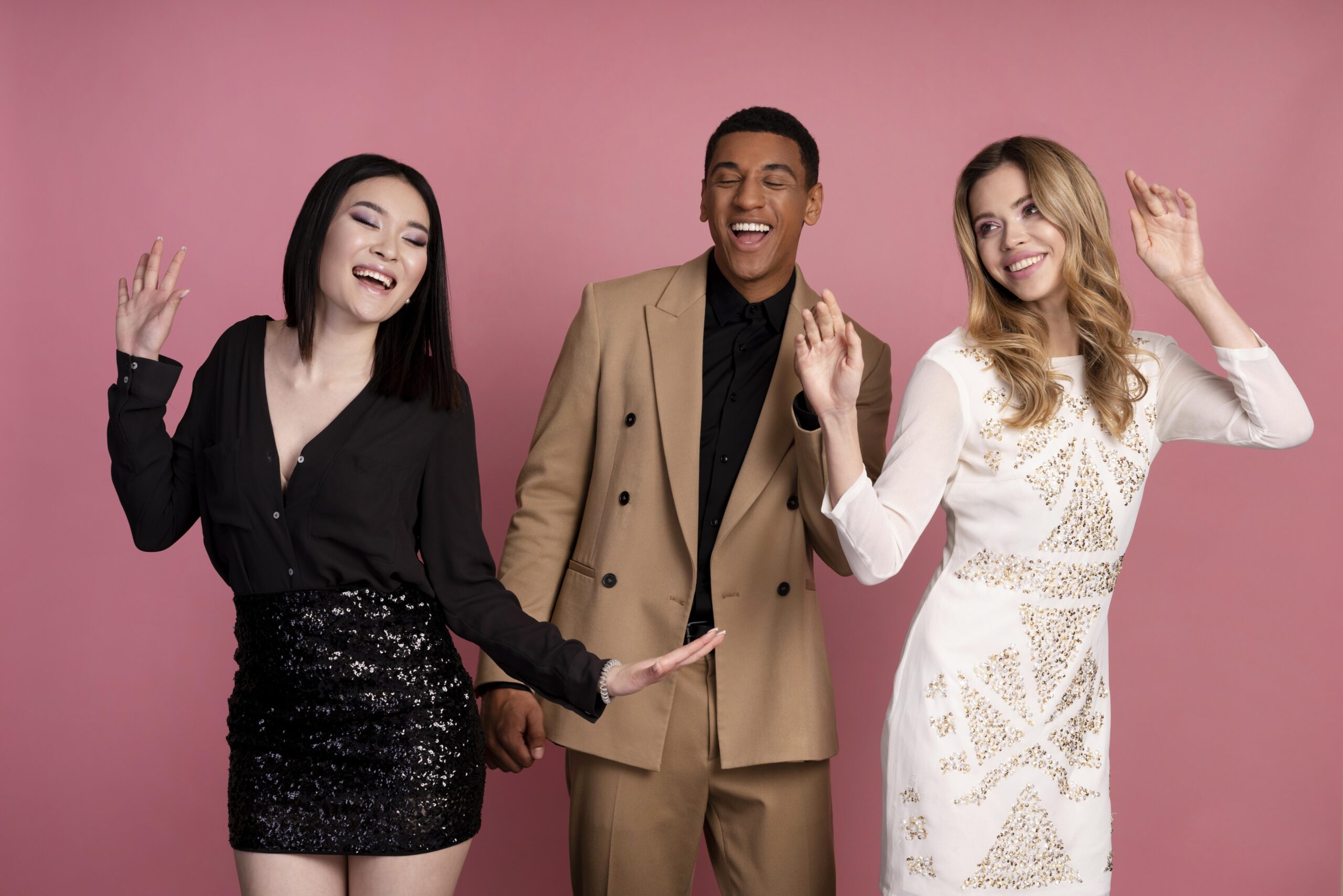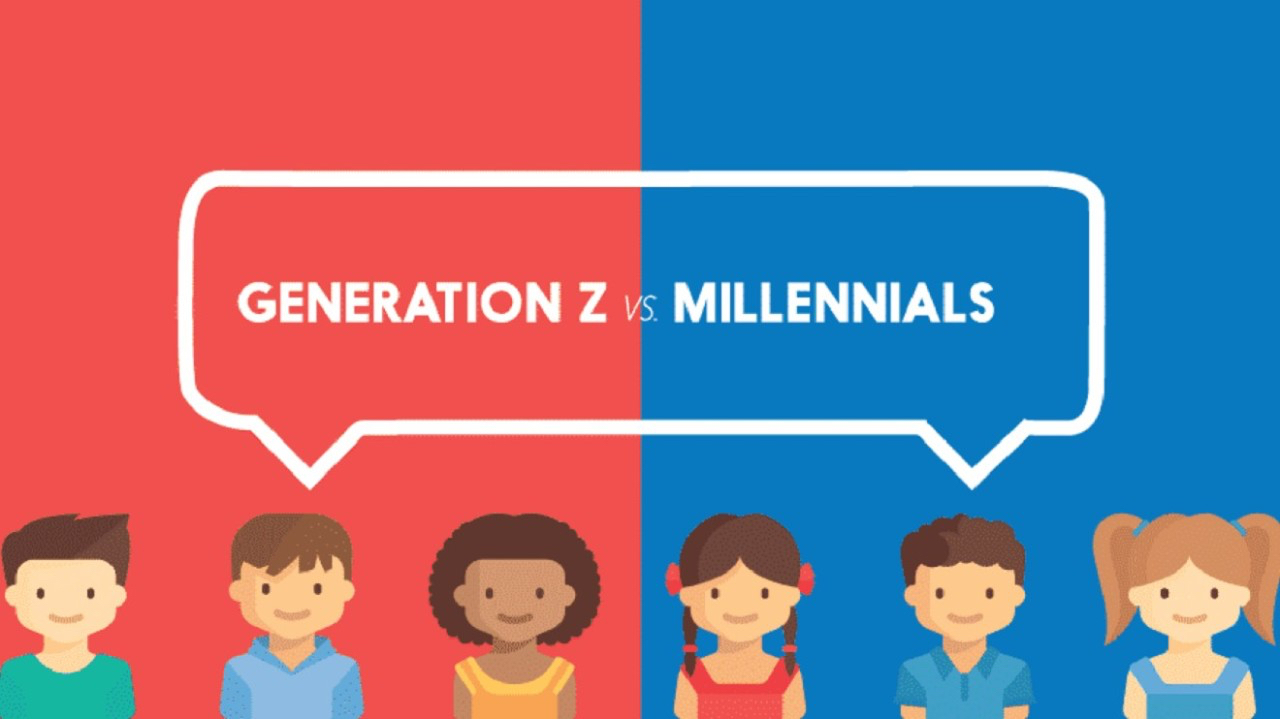Have you ever described a dream to someone, only to hear them say, “Wait—I’ve had that dream too!”?
From dreaming of falling to being chased or losing teeth, many people, including you and me, report experiencing eerily similar dream scenarios.
But is it really possible for different people to have the same dreams? And what does it mean when this happens?
In this article, we’ll explore the fascinating phenomenon of shared dream themes, what psychology and spirituality say about it, and whether having the same dream as someone else is just coincidence—or something deeper.
Can Two or More People Really Have the Same Dream?
In most cases, people don’t share identical dreams down to every detail. However, common dream themes and symbols do appear across cultures, ages, and time periods.
This is due to what psychologists call “universal archetypes” and shared human experiences.
Examples of universal archetypes include:
These dream scenarios are so common that they’re referred to as collective dreams.
Why People Have Similar Dreams
1. Shared Emotions and Life Experiences
People often dream about things that trigger strong emotions: stress, fear, love, anxiety, or hope. Because we all deal with these emotions, our brains may use similar symbols to represent them.
2. Cultural Influences
Media, news, and stories influence our subconscious minds.
For example, after watching a popular drama, many people may dream about its themes or characters.
3. Carl Jung’s Theory of the Collective Unconscious
Swiss psychologist Carl Jung believed in a collective unconscious. This is a shared reservoir of memories and symbols inherited from our ancestors. He suggested that similar dreams reflect archetypes common to all humans, such as:
- The shadow (hidden fears)
- The hero (inner strength)
- The mother (nurture and protection)
These deep-rooted symbols often appear in dreams in surprisingly similar ways across people.
Shared Dreams vs. Same Dream Themes
It’s important to differentiate between:
- Same dream theme: Different people dream about being chased, but in their own way.
- Shared dream experience: Two or more people claim to have dreamed the exact same thing, often on the same night.
While same themes are common, true shared dreams are extremely rare. They are often linked to deep emotional connections, like between twins, partners, or close friends.
Spiritual Meaning of Shared Dreams
From a spiritual perspective, dreaming the same thing as someone else may suggest:
- A soul connection or karmic tie
- Telepathic communication during sleep
- That both individuals are receiving a message from the universe or spirit guides
In this context, shared dreams can act as signs or confirmations, especially when both parties remember and describe them similarly.
Famous Examples of Shared Dreams
There are reports of:
- Groups of people dreaming about natural disasters before they happen
- Couples dreaming the same dream during emotionally intense times
- Indigenous cultures using dream circles to discuss overlapping visions and messages
Tips to Explore Shared Dream Experiences
- Keep a dream journal and compare notes with someone you’re close to
- Use tools like dream dictionaries to decode overlapping symbols
- Talk openly about your dreams—you might be surprised how many people have had something similar
Next time you hear someone describe a dream that sounds like yours, take it as a sign: your inner world might be more universal than you think.





